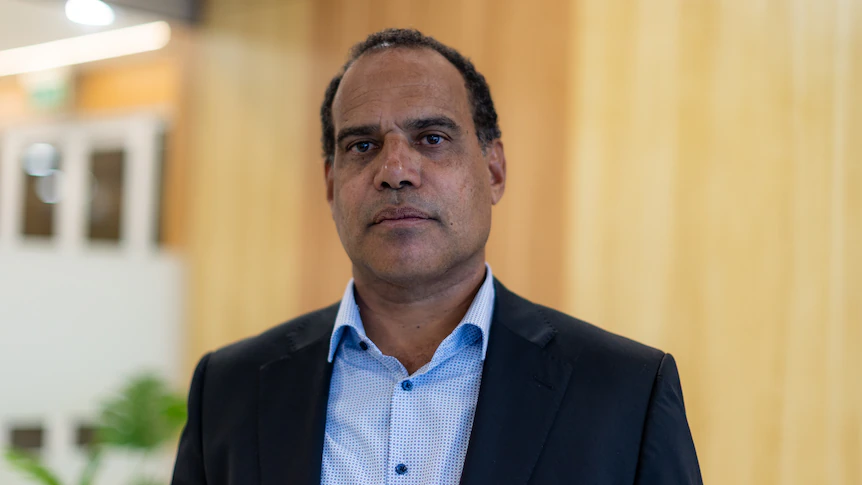By Stephen Dziedzic
Copyright abc

Vanuatu’s climate minister has warned Australia that approving the extension of Woodside’s massive North West Shelf gas project could be in breach of a landmark International Court of Justice (ICJ) ruling on climate change, saying the federal government needs to bear the judgement in mind when it makes a final decision.
The warning came in the wake of Pacific leaders signing a significant treaty to formally establish the Pacific Resilience Facility (PRF), a new fund designed to smooth the region’s access to climate finance.
Not long after the federal election, Environment Minister Murray Watt gave conditional approval for the North West Shelf to have its working life extended to 2070.
The government and Woodside have been in negotiations on environmental conditions since then.
The Australian Financial Review reported on Wednesday that the government could now hand down a final decision on the project as early as Friday, the day after Prime Minister Anthony Albanese departs the Pacific Islands Forum (PIF) leaders meeting in Solomon Islands, where climate change has been high on the agenda.
Climate advocates have railed against the extension, saying it will lock in vast quantities of carbon emissions at a time when the world urgently needs to scale down oil, coal and gas production to prevent catastrophic global warming.
Woodside has been contacted for comment.
When asked about the issue, Vanuatu’s climate change and energy minister, Ralph Regenvanu, who is one of the Pacific’s leading climate advocates, pointed to the ICJ’s recent decision which found that states can be held legally accountable for their greenhouse gas emissions.
“So that’s something that Australia should consider.”
Mr Regenvanu said while Australia and the Pacific had a good relationship which would continue, and that he recognised the Albanese government’s efforts to reduce domestic emissions, the country’s massive fuel exports remained a point of tension in the relationship.
He also said that Pacific nations hoped that the Albanese government would set an ambitious 2035 climate target which aligned with trying to limit global warming to 1.5 degrees Celsius.
Earlier Mr Albanese told journalists in Honiara that Australia would determine its own climate policies, despite Pacific calls to wind down fossil fuel production.
“My government’s committed to action on climate change.”
The debate comes as Pacific leaders celebrated a major climate milestone on the sidelines of the PIF leaders meeting, signing documents to officially establish the PRF.
Solomon Islands Prime Minister Jeremiah Manele said the PRF was “an idea whose time had come,” and demonstrated the Pacific’s desire to reduce “dependency and vulnerability”.
“The PRF is the Pacific’s response, by the Pacific, for the Pacific, to structural barriers to small island nations in accessing global climate financing which is still too slow, too little, too complex, and too unpredictable,” Mr Manele said.
Mr Albanese has reaffirmed Australia’s commitment to tip $100 million into the fund, which makes it by far the institution’s largest contributor.
Pacific leaders hope to raise a total of $500 million by next year for the PRF, which will be based in Tonga.



